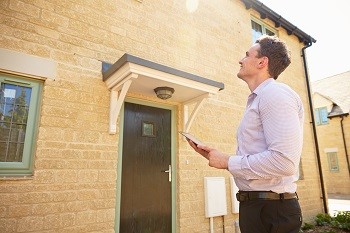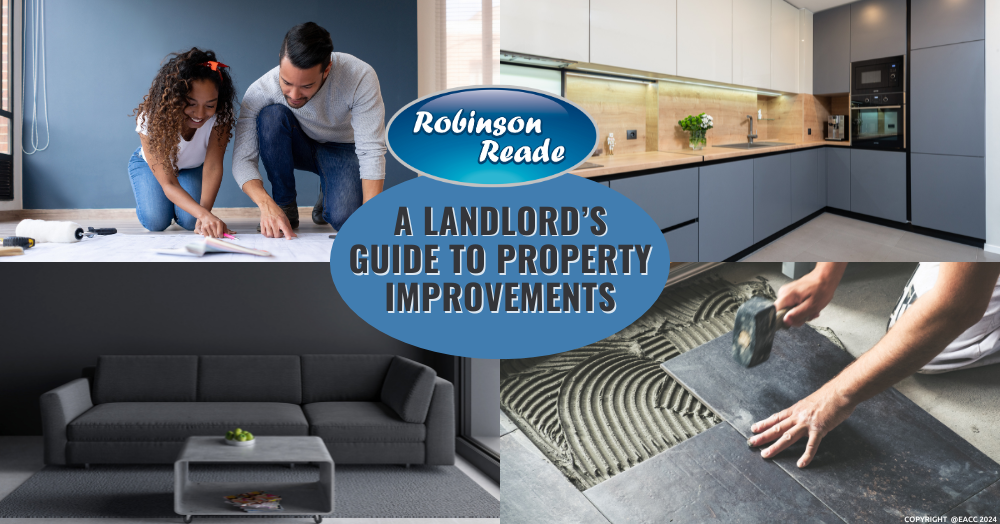Buying a property is one of the largest and most significant purchases many people will make in their lives. So how do you ensure you’re paying the right amount and...
Buying a property is one of the largest and most significant purchases many people will make in their lives. So how do you ensure you’re paying the right amount and the house is structurally sound?
An RICS Chartered Surveyor can help ensure you do not over pay for your property and that there are no underlying or hidden defects within the property. When you buy a property in the UK, you do so under the principle of ‘caveat emptor’ or ‘let the buyer beware’ – this means you will have to fix any defects after completion. In 2014, homebuyers who did not undertake an independent survey faced an average £5,750 of unforeseen repair bills.
Mortgage Valuation
If you buy your property with a mortgage, your provider will require that you undertake a mortgage valuation. This consists of a brief inspection of the property, to ensure it is worth enough to cover the loan. You should be aware that a mortgage valuation is solely for the mortgage provider and will not provide you with very much information.
However, there are a number of different reports within the RICS home survey suite which are extremely useful when purchasing. Which one you commission will depend on the information you are looking to obtain, along with the type, style and age of property.
Valuation Report
Unlike a mortgage valuation, an independent RICS valuation report can be used for many purposes – the most basic of which, is confirming you are paying the correct market value for your property.
A valuation report can also be used for:
- shared ownership
- right-to-buy
- tax
- probate
- matrimonial
- Capital Gain Tax (CGT)
- investment
A valuation report will only reference large, obvious defects that could have a significant affect on the value of the property. If you are looking for detailed information on the condition of a property, you should commission a HomeBuyer report or a building survey.
HomeBuyer Report
An RICS HomeBuyer report covers both the condition and value of a property. It has a dedicated section to provide advice on repairs and ongoing maintenance requirements, and provides advice to your Conveyancer.
The report comes in a concise format that highlights defects or parts of the property that require repairs, with an easy-to-read traffic light condition rating. Along with an independent market value, the report also includes a reinstatement value, which is used for the building insurance.
This type of survey is suitable for most properties built after 1900, however it is not suitable for properties that are:
- built before 1900
- substantially extended or altered
- non-standard construction
- in need of extensive renovation
- unusually large
For properties that are not suitable for a HomeBuyer report, you should commission an RICS building survey.
Building Survey
A Building Survey is the top tier of the RICS home survey suite. The survey includes a wide-ranging inspection and a comprehensive report, on the construction and condition of a property. Formerly known as a structural survey, it is sometimes confused with a structural report, which is completed by a Structural Engineer rather than a Chartered Surveyor.
Building Surveys are not of a standard form and are bespoke for the property you are buying. More detail is included for parts of the property that you have particular concerns about or where defects have been uncovered. Your Surveyor may also include repair estimates, advice on extensions or photographs. Though not included as standard, a valuation can also be included for an additional fee.
About the author
Surveybooker.com is a brokerage for RICS Chartered Surveyors. You can get free, fixed quotes from local RICS Chartered Surveyors by either visiting our website or calling us on 0333 011 6683.



 by
by 

 by
by 
Share this with
Email
Facebook
Messenger
Twitter
Pinterest
LinkedIn
Copy this link